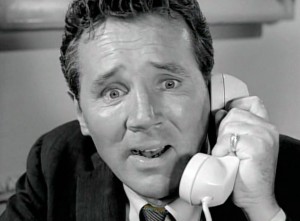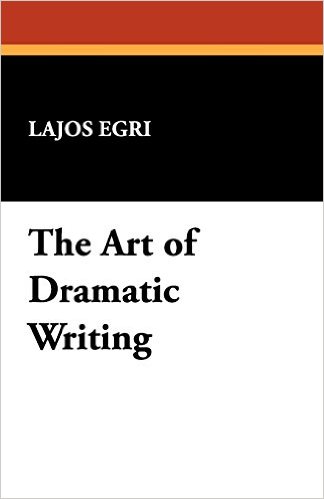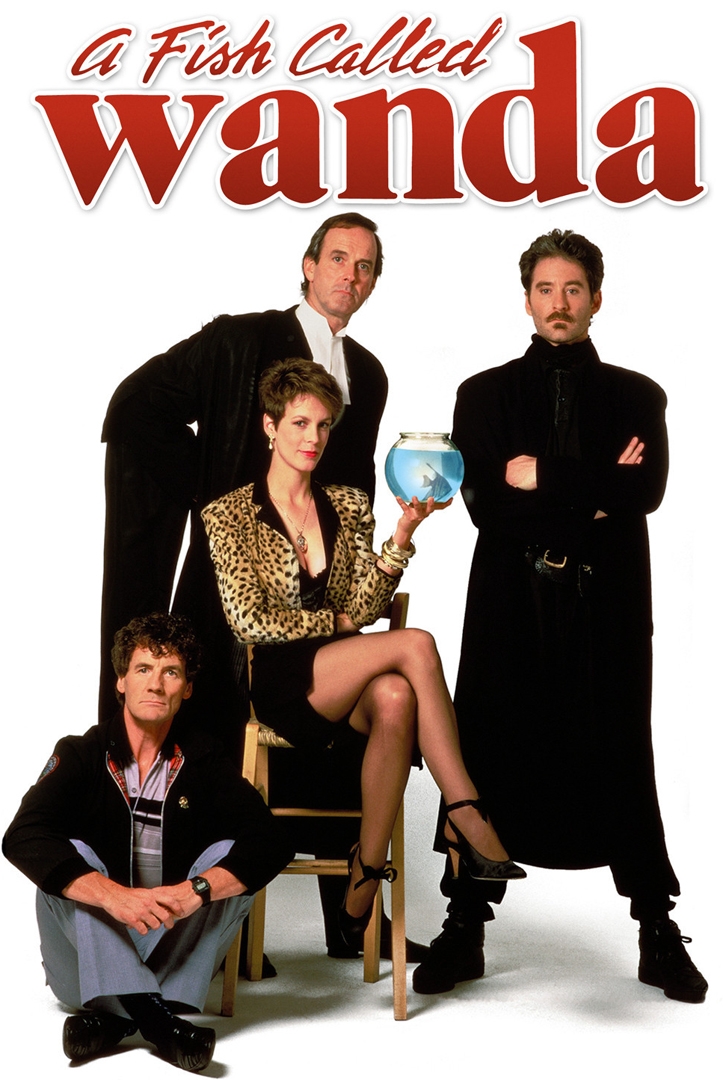Seeking Story Knowledge

from season one of The Twilight Zone
You want to learn how to tell a story. So did I. Let me tell you the story of how I didn’t learn.
Like you, I was raised on stories. For me it was television shows in the 1960’s, which I loved and thought about all day and still think of fondly except when I try to sit through some of them.
By the time I was twelve, I wanted to write for TV. Our neighbors wrote popular prime-time television shows and I admired them above all the grownups I knew. They made up stories about space travelers, time travelers, cops, outlaws, pop-musicians, and conspiracies – worked from home, and made lots of money. I wanted to be like them.
I didn’t go into television writing. Our neighbors moved away and left television forever and I couldn’t find anyone to teach me the craft. I took college classes in creative writing but they taught me nothing about how to tell a story and it wasn’t for lack of asking.
It didn’t stop me. I wrote stories without knowing what I was doing, making up scenes that I couldn’t weave together or even judge what “weaving together” meant. I didn’t know the ingredients of a story, nor how to assemble them. I was trying to make ratatouille without knowing anything about how to cook. But I was determined to learn.
I figured that if I couldn’t get training from teachers, I could get it from books. I checked out every book I could find on writing, but they almost all dealt with how to write essays. They weren’t answering basic questions, like:
- How do you craft a surprise ending like a Twilight Zone? And how do you do it on a deadline?
- Are there rules for making up characters? How much do you need to know about them? About their past?
- Do you make up scenes as you write them, or do you plan them somehow beforehand?
- How do you plan a plot? Is it better not to? How do professionals work?
Nobody seemed to know.

Eventually, I found a category of books that addressed character and story. They were for playwrights, written before TV existed. Most were philosophical, meant for critics, and hard to read. Many had contradictory advice. One would insist that story was more important than character. Another would hammer away that character was more important than story. Several said you should begin by writing a character biography. I found years later that many pros don’t. Paddy Chayefsky called it a “palpable waste of time” for a professional writer.[5. – Television Plays, by Paddy Chayefsky. pp. 86 of Printer’s Measure: A Construction.] John Cleese and Kevin Kline knew nothing about Otto’s past in A Fish Called Wanda — they simply made up his actions according to what they thought was funny.[2. From John Cleese interview on extra features of Fawlty Towers DVD collection, recollecting his writing process years after the TV show.]
 I came across this a lot. One writer likes to jump in without a plan because it taps improvisational skills. Another devotes 80% of the process to planning with stacks of notecards. One says that you find characters by observing other people. Another says that to find characters with any depth, you examine contradictions in your own personality. One says you have to study your genre thoroughly, while another warns that it can entrench you in what has already been done and stifle your creativity.
I came across this a lot. One writer likes to jump in without a plan because it taps improvisational skills. Another devotes 80% of the process to planning with stacks of notecards. One says that you find characters by observing other people. Another says that to find characters with any depth, you examine contradictions in your own personality. One says you have to study your genre thoroughly, while another warns that it can entrench you in what has already been done and stifle your creativity.
I felt as if I’d entered a kitchen of competing cooks with such diverse approaches and so critical of each other that I didn’t dare learn anything from them for fear I would learn it the wrong way.
Then, in the 1980’s, the era of screenwriting books began. I began to learn about story craft in ways that helped… and hindered.